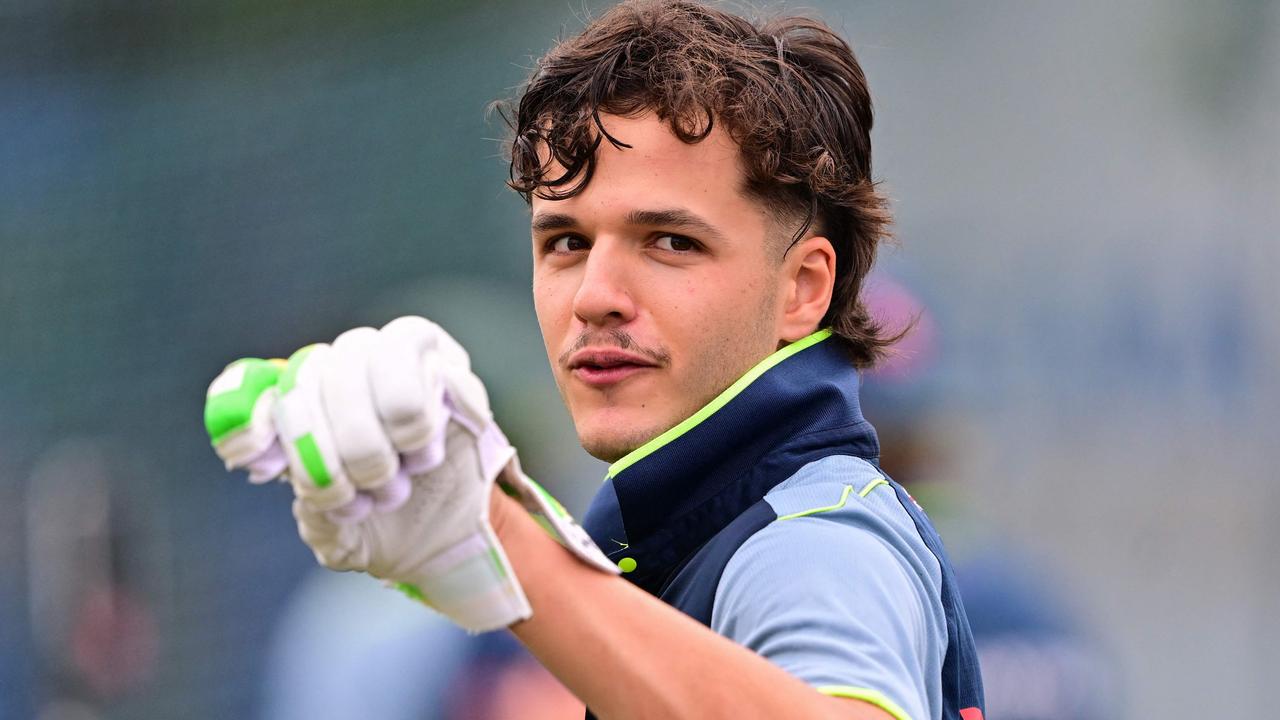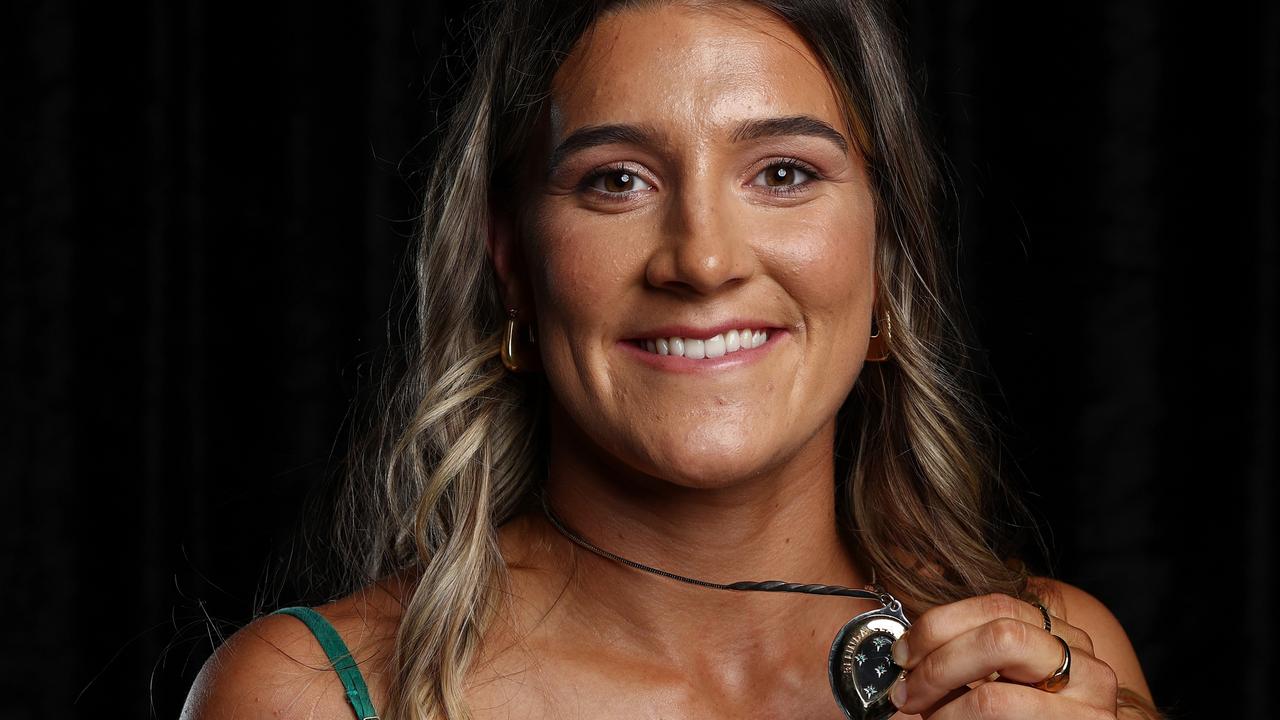‘Maximum flexibility’: Bizarre new World Cup rules for dealing with Covid-19
A potential Covid crisis has demanded some strange new rules for the women’s one-day World Cup in New Zealand.
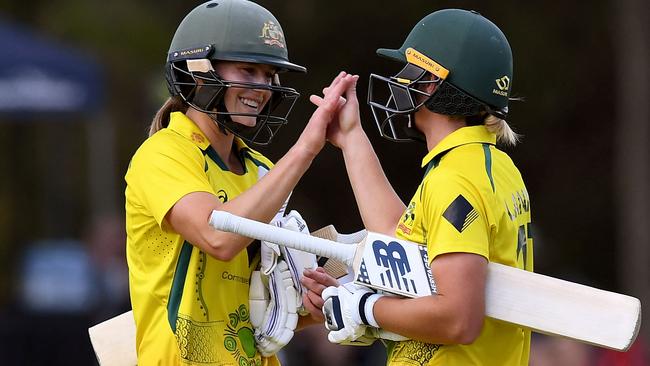
Cricket
Don't miss out on the headlines from Cricket. Followed categories will be added to My News.
Teams could call on support staff as substitute fielders and matches go ahead with just nine players at the one-day World Cup as organisers shape the rules to ensure the tournament stays on track amid rising Covid-19 case numbers in New Zealand.
The International Cricket Council confirmed on Thursday that female members of a team’s support staff would be permitted to field, but not bat or bowl, in the case of a significant Covid outbreak.
New Zealand is under a “red” traffic system, which places some restrictions on movement and large gatherings, including sporting events. Daily case numbers in New Zealand rose to a new high of 6137 on Thursday.
Among other playing condition changes, the World Cup final could have unlimited super overs to decide a winner if necessary, a change made in the wake of the 2019 men’s World Cup lost by New Zealand after one super over couldn’t split the teams and a controversial boundary countback was needed to crown England champions.
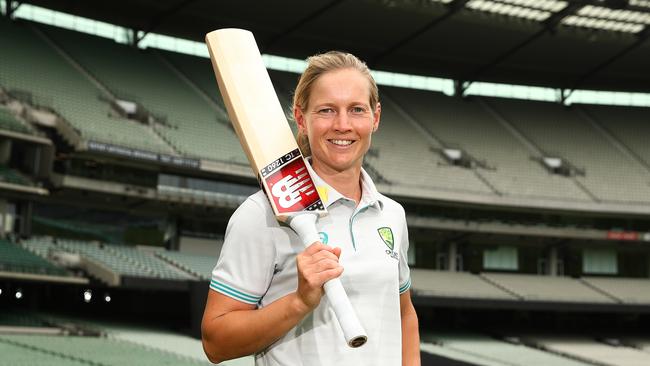
Games could even be moved should any teams be unable to meet the minimum participation numbers, with the ICC asking for “maximum flexibility”.
“We would, were it necessary, reschedule fixtures if it’s possible,“ Chris Tetley, the ICC’s head of events, said on Thursday.
“There are a number of logistical restraints upon us, but we’ll be asking teams to show maximum flexibility and we’ll be as flexible as possible if the need arises to fulfil our objective, which is to get the games on.
“If it becomes necessary, we would allow a team to field nine players as an exception for this environment.
“And if they had female substitutes from within their management team, we would enable two substitutes to play, non-batting, non-bowling … to enable a game to take place.”
Former international player Shelley Nitschke, who last played for Australia in 2011, is part of Australia’s coaching staff.
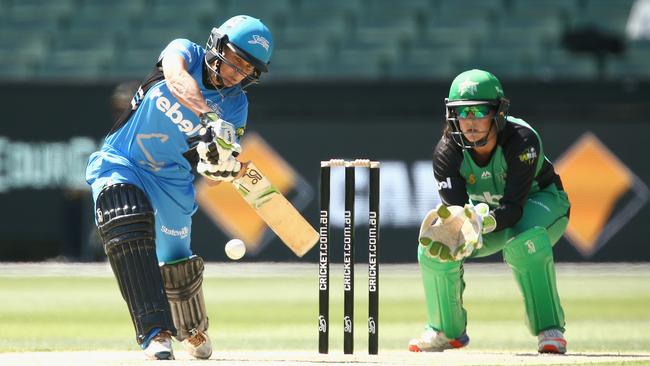
Teams have been already been permitted to bring extra reserves to New Zealand beyond the 15-player squad so players can be brought in and out of the squad in the case of Covid infections.
The 31-match World Cup is being played across just six venues over six weeks. Tournament chief executive Andrea Nelson said crowd numbers would be below capacity due to current restrictions but could change.
“We are taking it week-by-week as we work our way through, but in the first week it is likely there will be some availability at matches,” she said.
“Unfortunately, at some venues we will have to cancel existing ticket holders. That’s not something we want to do, and we are working really hard to see how many people we can get into the stadiums.”
The World Cup begins next Friday with Australia‘s opening match against England on March 5.
Australia’s ODI World Cup 2022 fixtures:
Mar 5: v England, Seddon Park, Hamilton, 12pm AEDT
Mar 8: v Pakistan, Bay Oval, Tauranga, 12pm AEDT
Mar 13: v New Zealand, Basin Reserve, Wellington, 8am AEDT
Mar 15: v West Indies, Basin Reserve, Wellington, 8am AEDT
Mar 19: v India, Eden Park, Auckland, 12pm AEDT
Mar 22: v South Africa, Basin Reserve, Wellington, 8am AEDT
Mar 25: v Bangladesh, Basin Reserve, Wellington, 8am AEDT
Originally published as ‘Maximum flexibility’: Bizarre new World Cup rules for dealing with Covid-19


